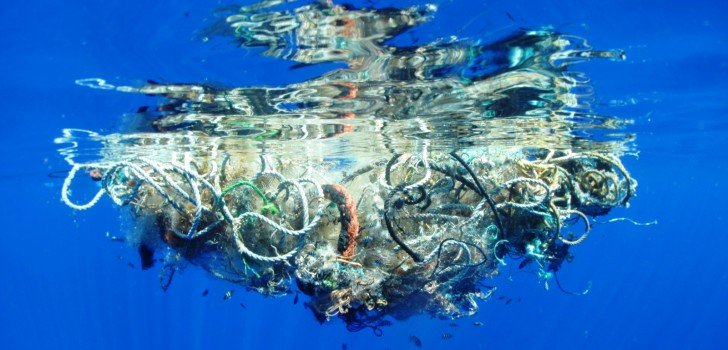A recent scientific study on marine birds show some sobering statistics about the state of the world’s environment. The study, published in the Proceedings of the National Academy of Sciences, finds that currently over 300,000 tons of plastic are floating around in Earth’s oceans.
This means about 90% of 80 different species of marine birds have consumed pieces of that plastic.
By 2050 about 99.8% of the species studied will have at some point eaten plastic.
The study was conducted by researchers at the Commonwealth Scientific and Industrial Research Organization (“CSIRO”) in Hobart, Australia and was led by marine ecologist Chris Wilcox.
The study shows that the worldwide production of plastic has doubled about every 11 years since the 1950s. As such, an increased amount of plastic, including bottle caps, bags and other synthetic fibers, has ended up in the oceans. Once the plastic reaches the sea, either through river runoff or waste dumps, the plastic breaks down into smaller and smaller pieces. Seabirds then consume the plastic bits, which can have a detrimental effect on the animals.
For example, some plastics actually absorb various environmental pollutants. After a seabird ingests the plastic, the pollutants can be released into the birds’ digestive systems.
Additionally, the chemicals that keep plastic soft and pliable are also ingested – but sometimes, the plastic is not flexible enough to travel through the digestive system. Most species of birds have difficulty passing large bits of plastic which can lead to a buildup in the birds’ stomachs.
The increased intake of chemicals is simply one of the results of birds ingesting plastic bits. Marine Biologist Richard Thompson points out that, “We don’t fully understand all of the physical effects of ingesting plastic, but it’s hard to imagine that the effects are going to be positive.”
And birds are not the only species affected by plastic trash floating in the oceans. A 2012 study published by the United Nations Convention on Biological Diversity illustrates that greater than 600 species from microorganisms to whales are injured every year by the floating plastic. They either ingest the plastic or sometimes get tangled in the pieces, such as left-behind fishing nets.
Wilcox stresses that the problem is very serious and should not be taken lightly. He states that, “For the first time, we have a global prediction on how wide-reaching plastic impacts may be on marine species – and the results are striking.”
Stay Connected